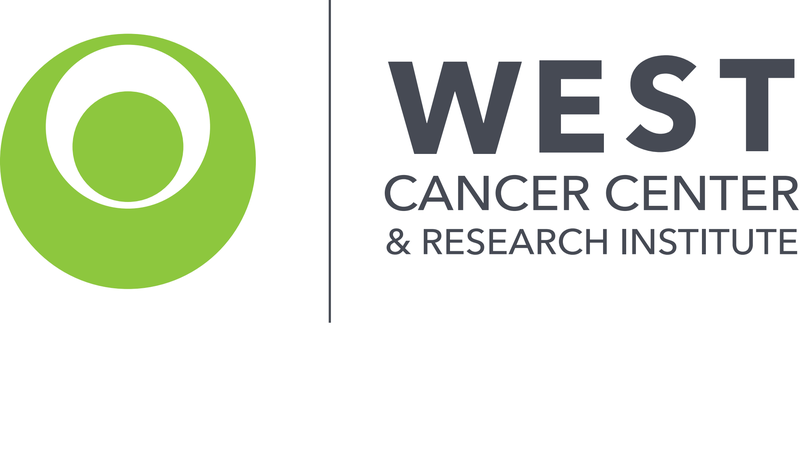- Advertise
- About OncLive
- Editorial Board
- MJH Life Sciences brands
- Contact Us
- Privacy
- Terms & Conditions
- Do Not Sell My Information
2 Clarke Drive
Suite 100
Cranbury, NJ 08512
© 2025 MJH Life Sciences™ and OncLive - Clinical Oncology News, Cancer Expert Insights. All rights reserved.
Dr. Weksler on Neoadjuvant and Adjuvant Therapy in NSCLC
Benny Weksler, MD, FACS, chief, Division of Thoracic Surgery, professor, Surgery, University of Tennessee Health Science Center, Eastridge-Cole Endowed Professor of Thoracic Surgery, West Cancer Center, discusses the role of minimally-invasive surgery in the stages of non–small cell lung cancers (NSCLC).
Benny Weksler, MD, FACS, chief, Division of Thoracic Surgery, professor, Surgery, University of Tennessee Health Science Center, Eastridge-Cole Endowed Professor of Thoracic Surgery, West Cancer Center, discusses the role of minimally invasive surgery in the stages of non—small cell lung cancer (NSCLC).
Neoadjuvant therapy for stage I and stage II lung cancers have been shown to be ineffective for the treatment of these patients. Neoadjuvant therapy was the initial approach in stage III cancers, prior to surgery. However, after clinical trials showed that chemotherapy, radiation, and surgery showed the same result, a lot of practitioners ended up doing definitive chemotherapy and radiation, says Weksler. Surgery was reserved for select few patients.
Adjuvant therapy may be more beneficial for patients with stage II disease with tumors that are larger than 4 centimeters in diameter. Those patients are surviving longer with an adjuvant approach.


